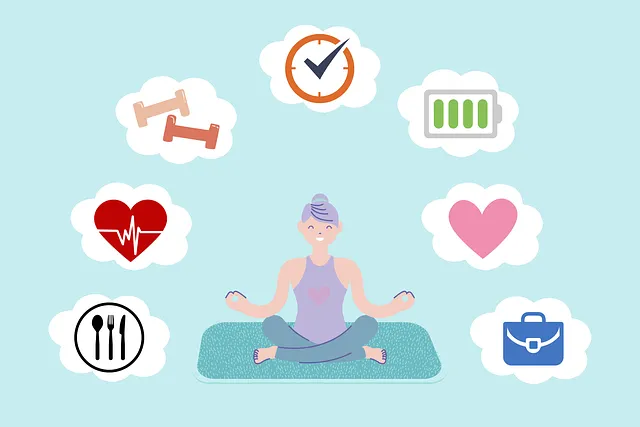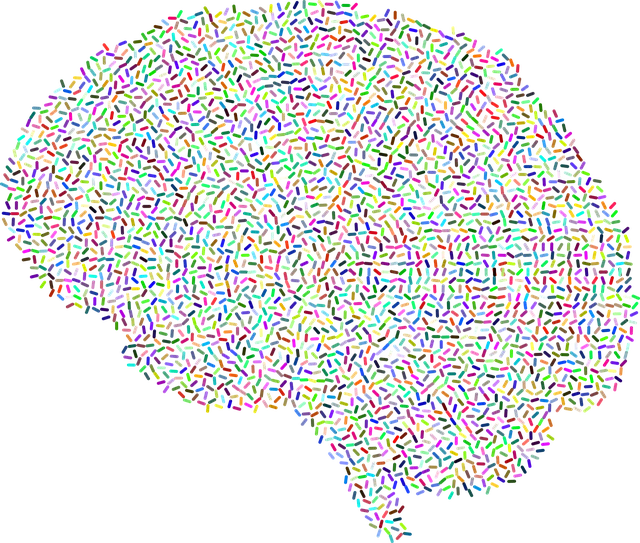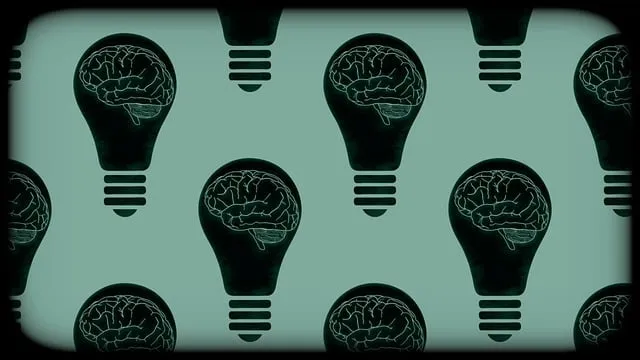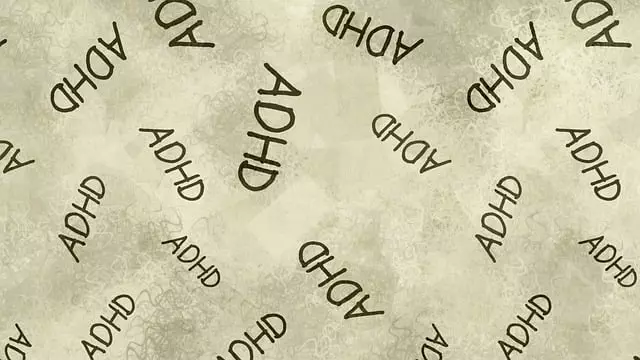The Kaiser Permanente mental health center in Northglenn tackles stigma surrounding mental illness through comprehensive programs focusing on education, self-care, and crisis support. By creating a supportive environment and encouraging open dialogue, the center normalizes help-seeking behaviors, enhancing access to mental healthcare services without judgment. Through workshops, seminars, and community collaborations, they've significantly reduced stigma in Northglenn, transforming lives and promoting overall mental well-being.
Mental illness stigma remains a significant barrier to access and treatment at Kaiser Permanente mental health centers, including the one in Northglenn. This article explores comprehensive efforts to reduce this damaging stigma through community engagement and education programs. We delve into the success stories emerging from these initiatives and chart future directions, aiming to foster a more supportive environment for mental well-being within the Northglenn community. Understanding and addressing stigma are pivotal steps towards improving mental health care accessibility at Kaiser Permanente Northglenn and beyond.
- Understanding Stigma and Its Impact on Mental Health Care Access at Kaiser Permanente Northglenn
- Strategies for Reducing Stigma: Community Engagement and Education Programs
- Success Stories and Future Directions: Overcoming Stigma to Improve Mental Well-being in Northglenn's Community
Understanding Stigma and Its Impact on Mental Health Care Access at Kaiser Permanente Northglenn

At Kaiser Permanente Northglenn mental health center, the issue of stigma surrounding mental illness is taken very seriously. Stigma can significantly impact an individual’s willingness to seek help for their mental health, often leading to delayed access to care or even avoidance altogether. This can be particularly detrimental in a community where resources and support systems are essential for managing and overcoming mental health challenges.
The center has implemented various programs aimed at reducing stigma, focusing on education, self-care practices, and crisis intervention guidance. By fostering an environment of understanding and empathy, Kaiser Permanente Northglenn seeks to encourage open conversations about mental health, thereby normalizing the experience of seeking support. Through these efforts, they aim to improve access to mental health care for all individuals, ensuring that those in need can receive the help they require without fear of judgment or ostracism.
Strategies for Reducing Stigma: Community Engagement and Education Programs

Stigma reduction efforts in mental illness often focus on community engagement and education programs, which play a pivotal role in fostering understanding and empathy. By organizing workshops, seminars, and awareness campaigns, organizations like Kaiser Permanente mental health center Northglenn can facilitate open conversations about mental health issues. These initiatives aim to dispel myths and misconceptions surrounding mental illness, thereby encouraging early intervention and support-seeking behaviors.
Community engagement strategies involve collaborating with local schools, workplaces, and community centers to integrate mental health education into various settings. This includes training programs for healthcare providers on cultural competency, ensuring they can offer sensitive and effective Crisis Intervention Guidance. Additionally, Risk Management Planning for Mental Health Professionals is essential to create safe and supportive environments, further contributing to stigma reduction efforts in the Northglenn community and beyond.
Success Stories and Future Directions: Overcoming Stigma to Improve Mental Well-being in Northglenn's Community

In Northglenn, the Kaiser Permanente mental health center has been at the forefront of stigma reduction efforts, witnessing remarkable success stories that underscore the power of community support and access to quality care. Through innovative programs and initiatives, the center has fostered an environment where individuals struggling with mental illness can find solace, receive treatment, and rebuild their lives. The emotional healing processes offered have empowered many to embrace self-care practices, fostering a sense of resilience and improved mental well-being.
Looking ahead, these success stories present a compelling future direction for the community. By continuing to raise awareness about mental health issues, promoting open dialogues, and encouraging early intervention, Northglenn can further dispel harmful stigmas. This collective effort will enable individuals to seek help without fear of judgment, ultimately enhancing the overall confidence-boosting impact on the community’s mental health landscape.
Efforts to reduce stigma around mental illness at Kaiser Permanente Northglenn have shown promising results, as highlighted through community engagement and education programs. By fostering open dialogue and promoting understanding, these initiatives aim to improve access to mental health care services at the Kaiser Permanente mental health center in Northglenn. As demonstrated by success stories shared, breaking down barriers associated with mental illness is essential for enhancing overall well-being within the community. Future directions focus on expanding these programs to reach more individuals, ensuring a supportive environment where everyone can prioritize and access quality mental health care.






